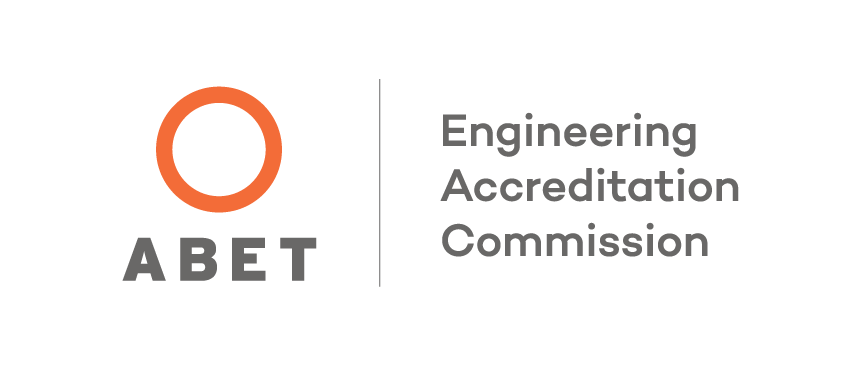 The major undergraduate program offered by the Department is B.S. in Industrial Engineering. The program aims to develop the knowledge and skills with which organizational problems can be effectively addressed. Of particular interest are questions of design, planning, installation, improvement, operation and control of purposeful systems incorporating people and scarce resources. The outlook needed for this type of inquiry draws upon specialized knowledge in mathematics, the natural and social sciences, as well as engineering analysis and design.
The major undergraduate program offered by the Department is B.S. in Industrial Engineering. The program aims to develop the knowledge and skills with which organizational problems can be effectively addressed. Of particular interest are questions of design, planning, installation, improvement, operation and control of purposeful systems incorporating people and scarce resources. The outlook needed for this type of inquiry draws upon specialized knowledge in mathematics, the natural and social sciences, as well as engineering analysis and design.
The program aims at educating students who depend on critical reason and systems thinking to effectively apply qualitative and quantitative methods of inquiry in general, and statistical analysis and mathematical modeling in particular, to real-life problem solving and system design. (We understand systems thinking at the very least, as realizing that organized human activity takes place in systems of purposeful individuals and scarce resources, and that such systems do not have fixed boundaries.)
The curriculum is regularly updated taking note of scientific advances and requirements of the Turkish industry. In general, the program is designed to provide broad based training for the purpose of achieving effectiveness and efficiency in manufacturing and service systems.
METU Industrial Engineering Department encourages its students to develop themselves in using computers and information technology tools and in occupational interests.
The B.S. in Industrial Engineering degree program is accredited by the Engineering Accreditation Commission of ABET, http://www.abet.org. Program accreditation details can be seen here.
The enrollment and graduation figures for the program are as follows:
|
Academic Year
|
Number of Students in Fall Semester
|
Number of Graduates
|
| 2021-2022 | 570 | 31 |
| 2020-2021 | 581 | 110 |
| 2019-2020 | 564 | 89 |
| 2018-2019 | 570 | 115 |
| 2017-2018 | 555 | 90 |
| 2016-2017 | 506 | 77 |
| 2015-2016 | 468 | 87 |
| 2014-2015 | 451 | 83 |
| 2013-2014 | 443 | 90 |
| 2012-2013 | 424 | 80 |
| 2011-2012 | 407 | 74 |
Program Educational Objectives
1. Graduates of the METU BSIE program have successful careers in industrial engineering practice and research in a broad range of organizations.
2. Taking a systems approach and using scientific inquiry, they are capable of dealing with complex socio-technical issues in system design and transforming these organizations.
Student Outcomes
METU BSIE program prepares the students to attain the following knowledge, skills, and abilities at the time of graduation.
1. The students will be able to identify, formulate, and solve complex industrial engineering problems by applying principles of engineering, science, and mathematics.
2. The students will be able to apply engineering design to produce solutions that meet specified needs with consideration of public health, safety, and welfare, as well as global, cultural, social, environmental, and economic factors.
3. The students will be able to communicate effectively with a range of audiences.
4. The students will recognize ethical and professional responsibilities in engineering situations and will be able to make informed judgments, which must consider the impact of engineering solutions in global, economic, environmental, and societal contexts.
5. The students will be able to function effectively on a team whose members together provide leadership, create a collaborative and inclusive environment, establish goals, plan tasks, and meet objectives.
6. The students will be able to develop and conduct appropriate experimentation, analyze and interpret data, and use engineering judgment to draw conclusions.
7. The students will be able to acquire and apply new knowledge as needed, using appropriate learning strategies.
8. The students will be able to design, analyze, operate, and improve integrated systems that produce or supply products or services in an effective, efficient, sustainable and socially responsible manner.
9. The students will be able to apply critical reason and systems thinking in problem solving and systems design.
10. The students will be able to use scientific methods and tools (such as mathematical models, statistical methods and techniques) necessary for industrial engineering practice.
